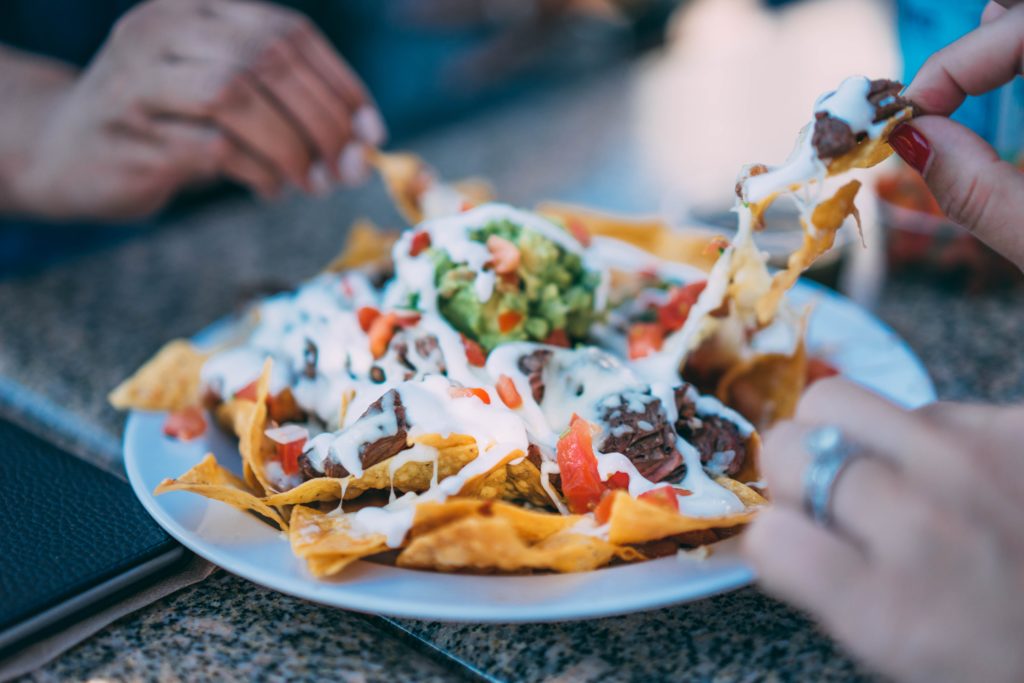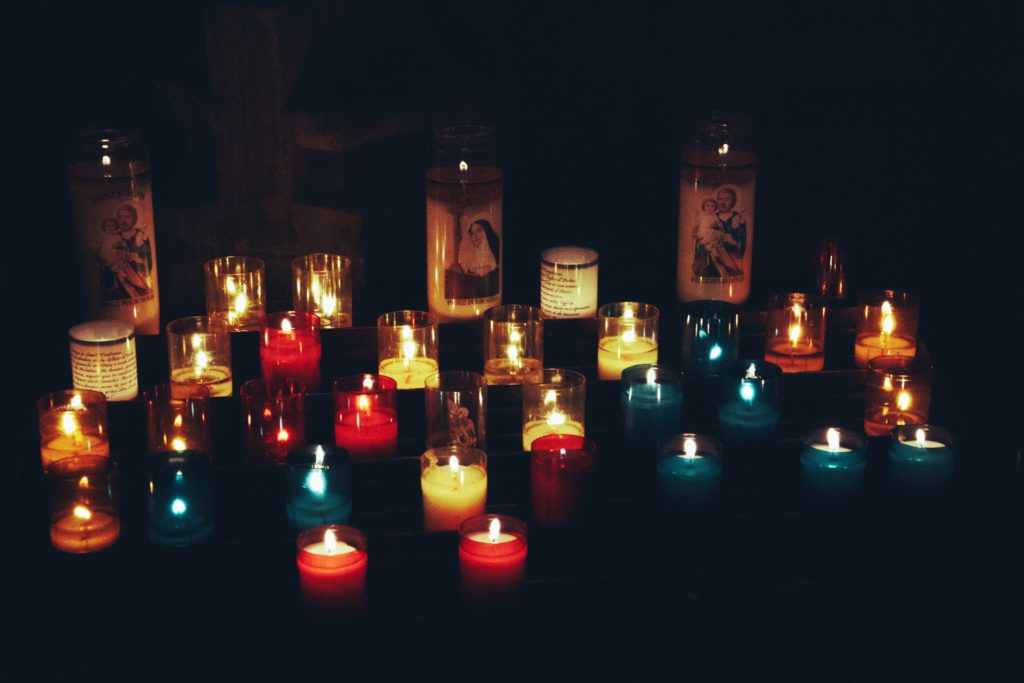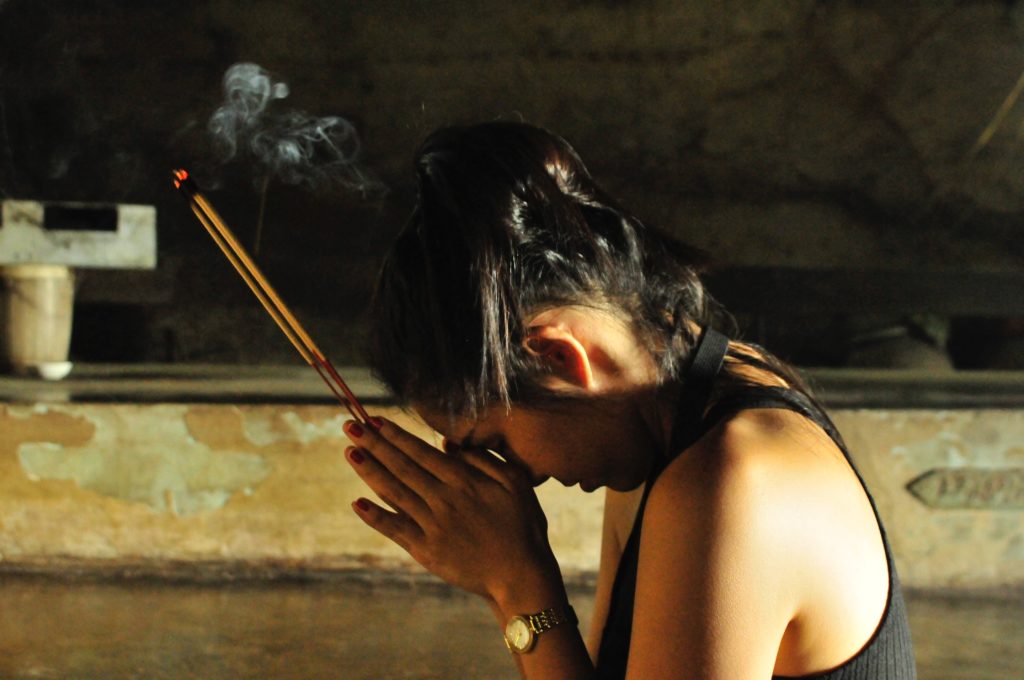With Cinco de Mayo as the next major commercial holiday, I’ve been thinking a lot about my culture—or, more accurately, the culture I don’t have.

I didn’t always think of myself as someone who didn’t have a culture. Ethnically, I have a diverse background. My mother is an immigrant from Hungary, and my father is a first-generation American Latino with parents from Mexico and the Dominican Republic. For years, I thought my unique blend of ancestry was enough. “Yeah, I’m Hispanic,” I would say. (I now know that “Hispanic” is a better description of language than it is of people.) But was I? My college boyfriend, who was very proudly Turkish, was the first to question my culture.
“You don’t have a culture,” he told me. Of course, I was immediately offended. How could he tell me I didn’t have a culture? My grandparents did all the Latino things: the food, the religion, the candles, Telemundo, El Chavo. My grandpa even read the Bible each night in Spanish. How could I possibly not have a culture when they were so steeped in theirs?
And that’s what it was. They were steeped in their culture. I wasn’t. I was using their beliefs and practices as my bragging rights.

That’s not how culture works. I’m still building an understanding of what culture means to me and how it plays into my life, but for me, culture is connecting with something greater than an individual. Truthfully, we all live many cultures, ethnic, religious, lifestyle-related, or stemmed from socioeconomic status. So, did I not have any culture when I was in college? That’s not true. But it is true I didn’t have much connection with my ancestry.
That was my parents’ choice. Although I don’t agree with the “white-washing” of my cultural identity, I understand why my ethnic backgrounds weren’t focused on for more than my looks. I think my parents were trying to protect me—and themselves.
It’s no secret that America favors Whiteness and everything associated with it. With my father’s background, the separation from Whiteness is obvious. His skin is more melanated. And even though my mother is light-skinned, she wasn’t born in this country and wasn’t always treated with respect by those who were. I wasn’t encouraged to speak languages other than English, and I was dissuaded from considering myself anything other than “Caucasian.”
Still, I was perceived by others as “colored,” “mixed,” “exotic,” and “a minority.”
Isn’t that weird? But that’s more a discussion on race, which is a social construct I’m not going to go into here!
Anyway, my thoughts on culture started to mature—and I softened my feelings about my college boyfriend’s cultural criticism—when I was in a relationship with my now-ex-husband. He is Chinese, and he has a very Chinese family. I call them “very Chinese” because they are connected to the beliefs and customs of their ancestors. They celebrate holidays like the Lunar New Year, and they have a marked respect for older family members. They eat Chinese food that is NOT what you get at a takeout restaurant (even though many takeout restaurants are Cantonese-inspired, which is my ex-husband’s family’s background), and they make some decisions based on superstitions passed down through generations. They have stereotypical vices related to their furniture and possessions. They burn incense and bow when they pray.

As my ex would say, “inexplicably Chinese.”
As someone who didn’t have a grounding in any culture—to their extent, what I consider true steeping—it was fun being an honorary member of the Chinese / Cantonese culture. I saw what it means to have an ethnic / national origin culture shape identity. I began understanding why people care about those who lived before them and how ancestors continue a version of life through their descendents.
Having a culture is being part of something that’s more than you. And there’s something amazing about that.
I want my culture to be real, not just bragging rights. To start my journey, I’ll be gifting myself a 23andMe kit for my birthday next month. I don’t know how much detail I’ll get, but whatever results are sent back to me will be a good starting place for more learning. I already have been doing a little reading about the ancient cultures and religions of Mesoamerica, but I’m not sure which cultures describe my ancestors. Maya? Aztec? Will I ever know?
Future travel destinations? (I am hoping to go to Hungary with my mom some day.)
So, for this Cinco de Mayo, my celebration is still going to be a little appropriated. Like many others in America, I’ll be eating Tex-Mex and drinking margaritas. But maybe, by this time next year, I’ll be feeling more authentic about it.

Happy Cinco de Mayo!
Which cultures are you connected to? Is there a part of you that you consider your culture that can use more exploration and understanding?